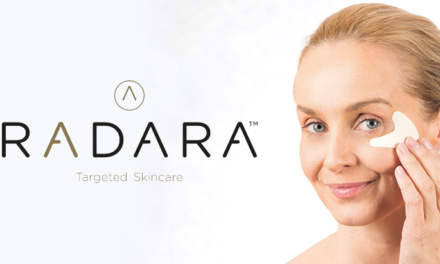Only one in 10 Brits is concerned that they may regret cosmetic surgery in the future despite rapidly changing fashion trends, research suggests.
The current desire for fuller, more defined features—in particular lips, eyebrows, cheekbones and buttocks—presents a stark contrast to the ‘waif’ look that was originally popular in the 1960s and revisited in the 1990s.
Yet findings from a recent survey by non-invasive body sculpting specialist SculpSure reveal that, despite the cyclical pattern of body ideals, just 10% of Brits would be put off having cosmetic surgery because of concern over future regrets.
The survey asked members of the public: “What would put you off having a cosmetic procedure?”
While respondents in the 25 to 34 age bracket reported little worry about future regrets, those aged over 65 expressed the most concern—possibly indicating personal regrets over previous procedures.
Fears over surgery looking unnatural appeared to be the biggest deterrent among those surveyed, an unsurprising result, considering the extreme—and often irreversible—physical alterations that come with many forms of invasive surgery.
Fiona Comport, marketing communications manager at SculpSure, said: “Current beauty trends are erring on the unnatural, with even hair, eyebrows and nails being ‘supersized’. At worst, these reversible treatments could be viewed as fashion mistakes in years to come. However, permanent surgical procedures such as buttock lifts and lip fillers could quickly become a major regret once this look goes out of style, particularly as further surgery would be required to reverse the effect.
“Aside from the additional recovery time and costs, corrective surgery would also involve unnecessary time under anaesthetic at the risk of achieving an equally unnatural end result,” Fiona added.
Social media platforms such as Instagram routinely display examples of botched surgical procedures, highlighting the risks involved. This could perhaps a contributing factor for the 30% of respondents that cited fear of surgery going wrong as the primary deterrent.
Worries about becoming addicted to cosmetic procedures would put off 9% of those surveyed while a further 8% reported being worried about the pain involved.
Just 3% of respondents were concerned about the recovery time following surgery, despite many invasive procedures requiring patients to take one to three weeks off work, plus additional healing time for the wounds to fully recover.
Fiona concluded: “Non-invasive procedures such as SculpSure are much safer options for those wanting to improve their body shape. This type of treatment produces a smoother, more refined silhouette, as opposed to an unnatural, fashionable end result which is likely to date over time.”






